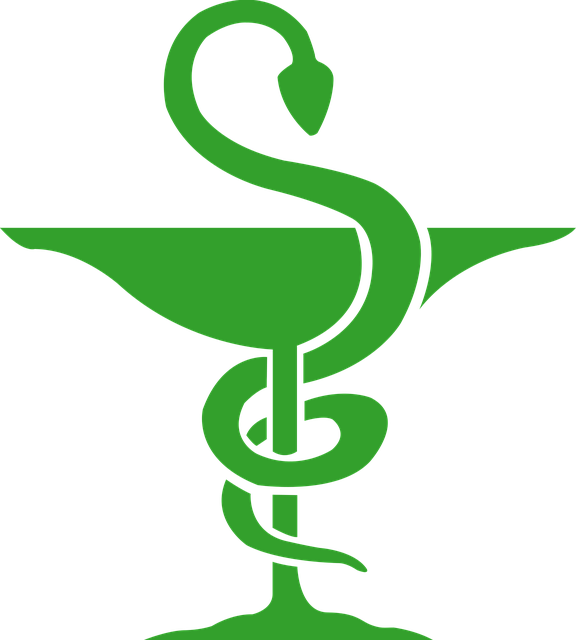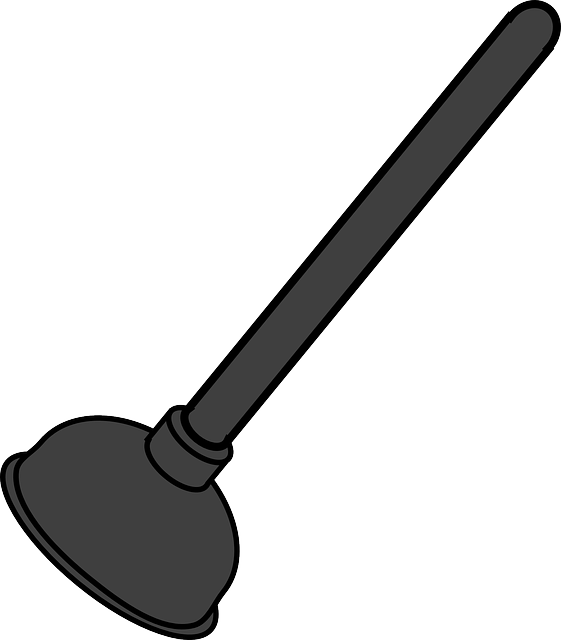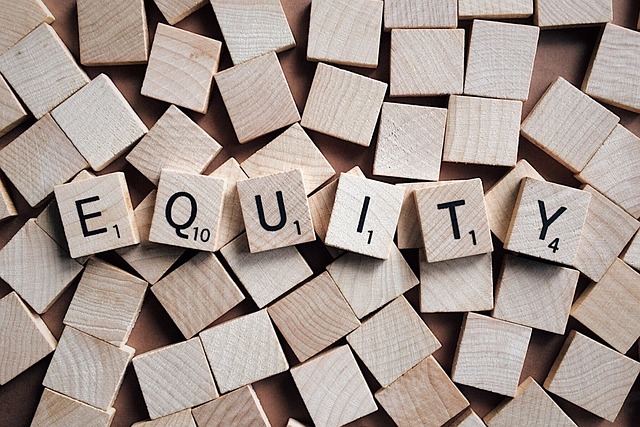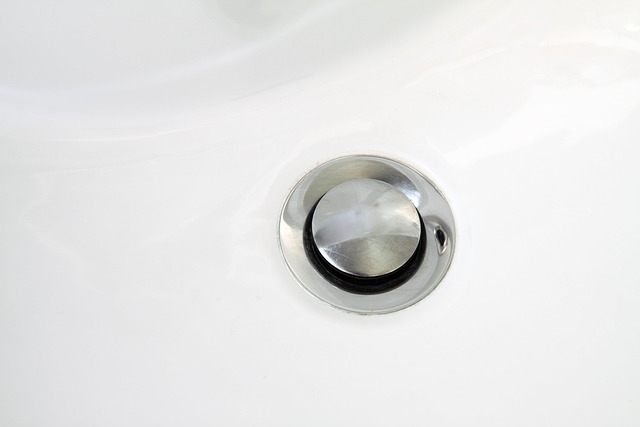While chemical drain cleaners provide swift unclogging, they pose significant health and environmental risks. Natural unclogging methods like baking soda, vinegar, and essential oils offer safe, sustainable alternatives. Proper handling of chemical cleaners is crucial for safety, and these products should be a last resort after trying natural solutions or plunging. Eco-friendly options cater to growing environmental awareness and household safety concerns.
Tired of slow drains? While chemical drain cleaners offer quick relief, their harsh chemicals pose risks. In this comprehensive guide, we explore both the advantages and dangers of chemical drain cleaners, and equip you with natural unclogging alternatives for safer, eco-friendly solutions. Learn safe handling practices to protect yourself and your home, and discover when – and when not – to reach for those powerful cleaners.
- Understanding Chemical Drain Cleaners: Risks and Benefits
- Natural Alternatives for Effective Unclogging
- Safe Handling Practices: Protecting Yourself and Your Home
- When to Use Chemical Cleaners: Signs and Situations
- Eco-Friendly Options: Sustainable Drain Cleaning Solutions
Understanding Chemical Drain Cleaners: Risks and Benefits

Chemical drain cleaners are powerful tools designed to tackle stubborn clogs, but they should be used cautiously due to potential risks. These products often contain harsh chemicals like sodium hydroxide or sulfuric acid, which can effectively dissolve grease, hair, and other common blockages. However, their aggressive nature also poses significant dangers if not handled properly. Exposure to these chemicals may cause severe skin burns, eye irritation, and respiratory issues. Inhalation of fumes can be particularly harmful, leading to coughing, difficulty breathing, or even life-threatening conditions.
On the flip side, chemical drain cleaners offer swift and effective unclogging solutions for both home and commercial settings. They are especially useful for deep clogs that natural methods like baking soda and vinegar struggles with. When used according to instructions, these products can save time and effort compared to manual plunging or natural unclogging approaches. Understanding the risks and benefits is key to ensuring safe and effective drain maintenance.
Natural Alternatives for Effective Unclogging
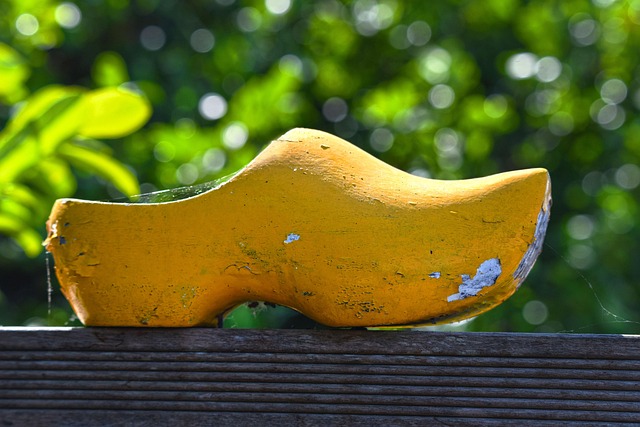
Many homeowners reach for chemical drain cleaners as a quick fix for clogged drains, but there are effective and eco-friendly alternatives that can be just as potent. Natural unclogging methods have gained popularity due to their safety and sustainability. One popular option is using baking soda and vinegar; this combination creates a fizzing reaction that can dislodge obstructions. Simply pour 1/2 cup of baking soda down the drain, then slowly add 1 cup of white vinegar. The mixture will bubble and foam, helping to break up any buildup.
Another natural remedy involves using boiling water. Pouring a pot of boiling water directly into the drain can be surprisingly effective. This method is especially useful for grease-related clogs. Additionally, essential oils like lemon or orange oil have antibacterial properties and can help freshen drains naturally. Combining a few drops of these oils with hot water and pouring it down the drain can leave your plumbing smelling pleasant and clog-free. These natural unclogging techniques offer safer alternatives to harsh chemicals, allowing you to maintain a clean and healthy home environment.
Safe Handling Practices: Protecting Yourself and Your Home

When it comes to dealing with clogged drains, many people reach for chemical drain cleaners as a quick fix. However, these products can be harmful if not handled properly. To ensure your safety and protect your home, it’s crucial to adopt safe handling practices when using any form of drain cleaner. Start by wearing protective gear, including gloves, goggles, and long-sleeved clothing, to shield yourself from potential skin and eye irritation caused by the chemicals.
Additionally, open windows or use a fan to ventilate the area, as these products often release toxic fumes that can be hazardous if inhaled. Keep children and pets away from the cleaning area and store chemical drain cleaners in a safe, locked cabinet out of their reach. Opting for natural unclogging methods, such as using baking soda and vinegar or a plunger, is not only environmentally friendly but also reduces the risk of accidents and exposure to harmful substances.
When to Use Chemical Cleaners: Signs and Situations

When it comes to clearing stubborn clogs, many people turn to chemical drain cleaners as a quick fix. However, these products should be used cautiously and only as a last resort. Chemical cleaners can be effective in tackling severe blockages caused by grease buildup, hair, or foreign objects that natural unclogging methods might not resolve. They are particularly useful for drains that see heavy use, such as those in restaurants or commercial buildings.
Before reaching for a chemical cleaner, it’s essential to recognize the signs that indicate its necessity. If regular plunging and natural remedies like baking soda and vinegar fail, or if the clog is persistent and causing significant drainage issues, it might be time to consider a chemical solution. Look out for slow-draining water, gurgling sounds, or an overpowering odor coming from your drains—these are all indicators that a more robust approach may be required to restore proper drainage.
Eco-Friendly Options: Sustainable Drain Cleaning Solutions

In recent years, there’s been a growing awareness of the environmental impact of traditional chemical drain cleaners. Fortunately, eco-friendly options for sustainable drain cleaning have emerged as game-changers in the world of unclogging. These natural alternatives offer an effective and safe approach to maintaining clear drains without the harmful chemicals.
Many natural unclogging solutions are derived from plants and other organic materials, making them biodegradable and less toxic. Products like baking soda and vinegar, for instance, create a chemical reaction that can effectively dissolve hair and grease clogs. Other options include enzyme-based cleaners that use microorganisms to break down blockages, promoting a greener and more sustainable cleaning process. These eco-friendly solutions not only benefit the environment but also ensure the safety of your family and pets, making them an attractive choice for those looking to reduce their ecological footprint.
